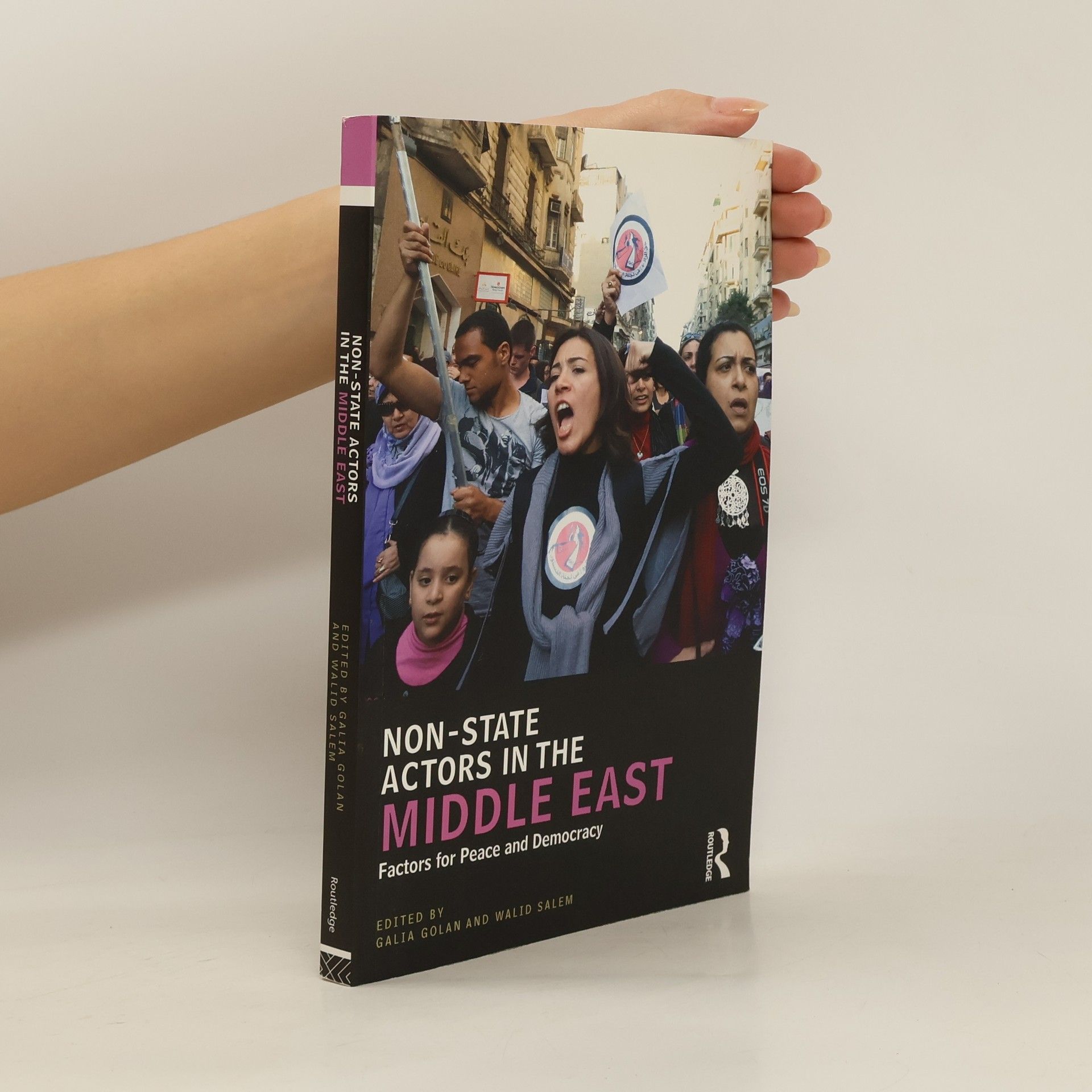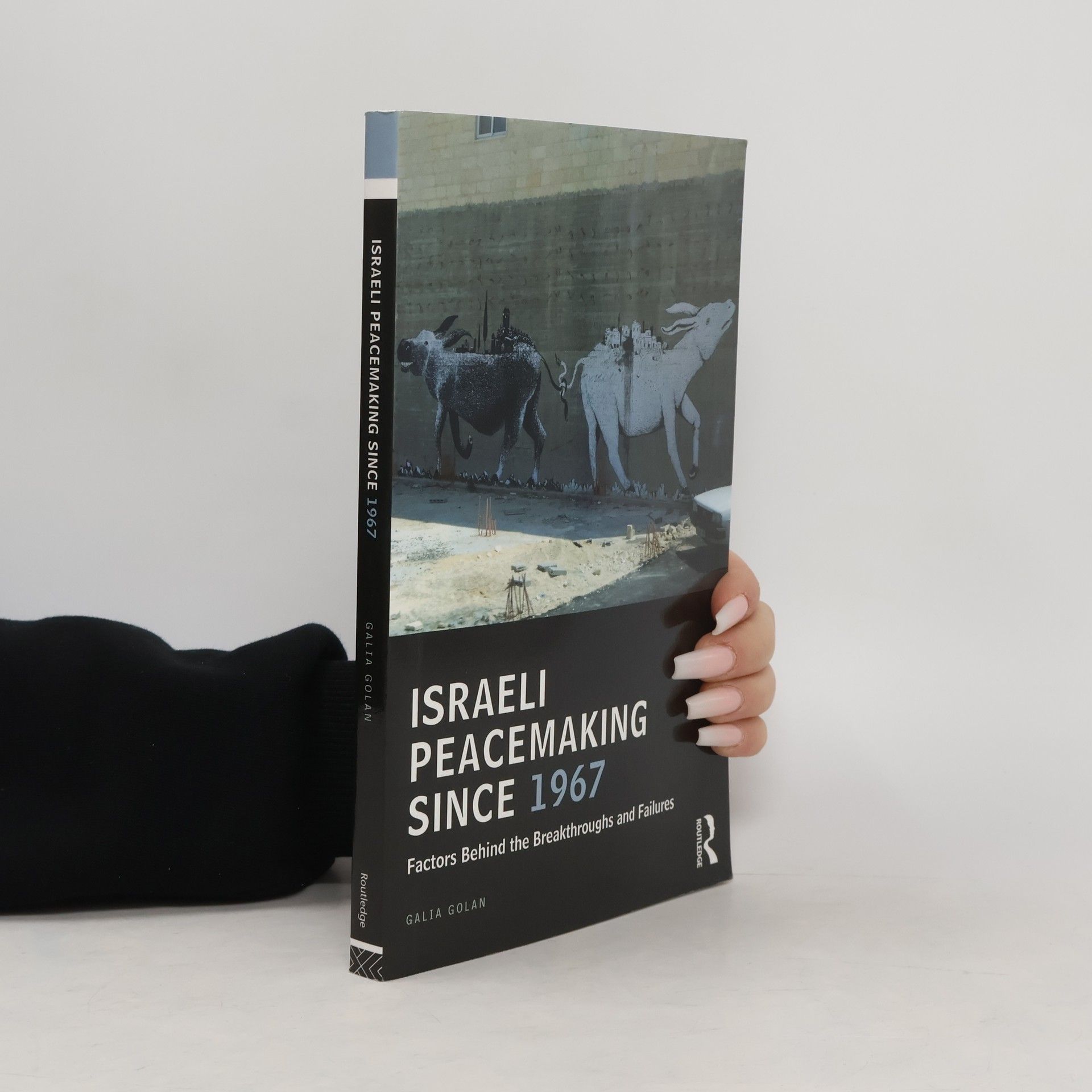Israeli Peacemaking Since 1967
Factors Behind the Breakthroughs and Failures
- 246 páginas
- 9 horas de lectura
Focusing on the peace process following the Arab-Israeli conflict of 1967, this book analyzes both the significant breakthroughs and the notable failures encountered in attempts to resolve this complex and longstanding issue. It delves into the challenges faced by negotiators and the implications of their efforts on the broader context of the conflict, providing insights into the dynamics that continue to influence peace initiatives today.



